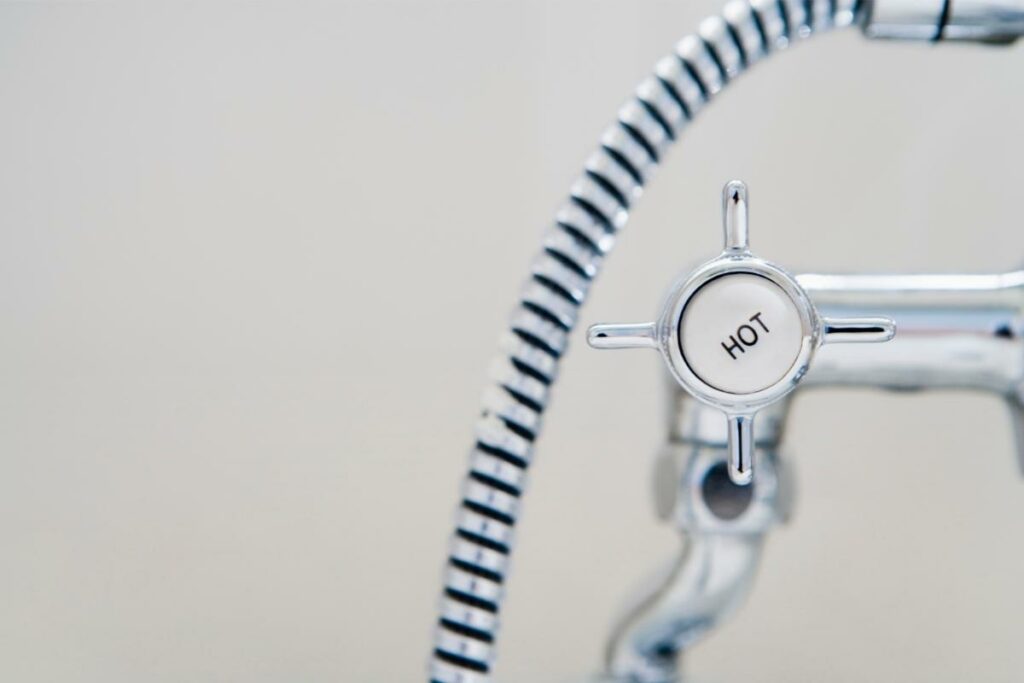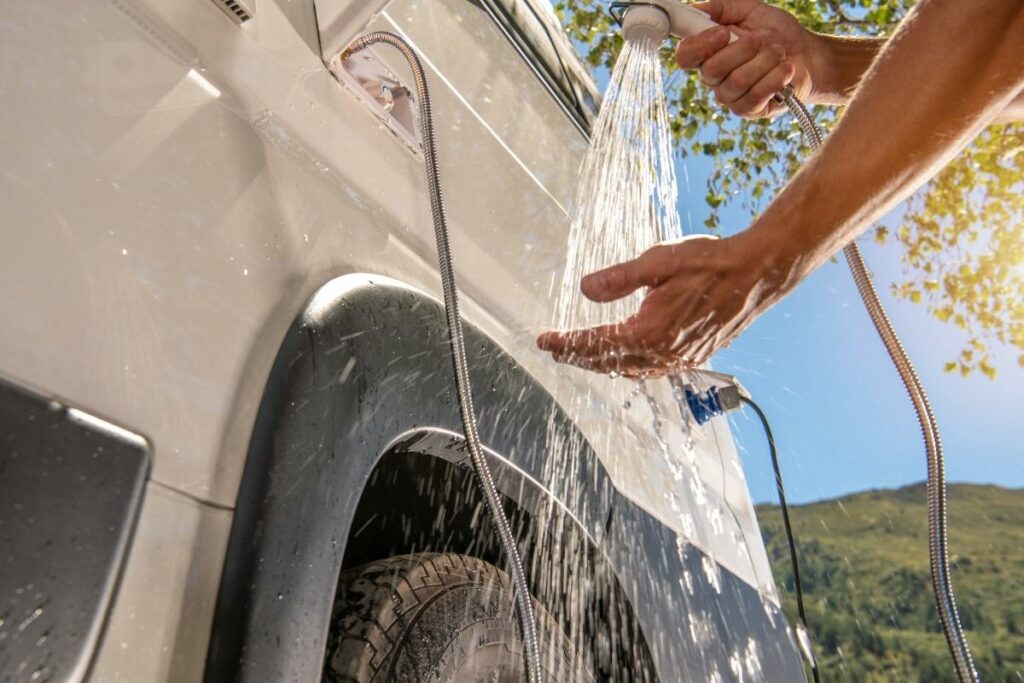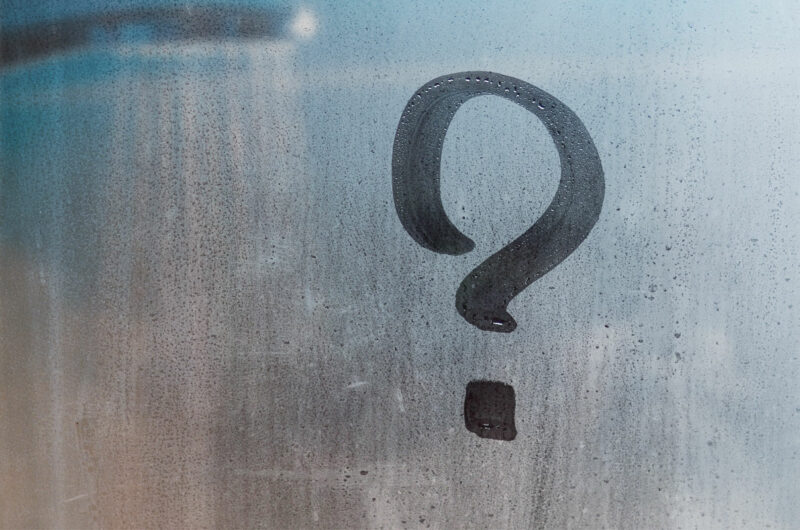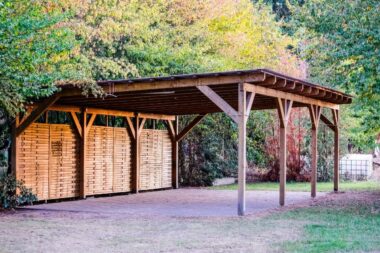Table of Contents Show
Having hot water for showers and doing dishes while camping is an extravagance for some. While tenters depend on shower houses and a pot boiling on the stove, most RVers have a water heater on board for hand washing, dish scrubbing, and showering.
But one question still causes consternation among users: “Should I leave my water heater on, even when it’s not in use?”
How Does an RV Water Heater Work?
Most RV water heaters run on propane, electricity, or a combination. Propane heaters use a spark or pilot light to heat water in a tank (usually 6 or 10 gallons).
The water then travels to the faucets when you turn on the hot water spigot. Electric water heaters use your electrical system to heat water in the same way.
Some newer RVs have tankless water heaters, which can also work on propane, electricity, or both. Rather than having 6 or 10 gallons of water sitting in a tank to use, the tankless water heater heats the water as it runs through the pipes, eliminating wait times for hot water.
As long as there’s a constant water supply and fuel to heat it, you should have ‘limitless’ hot water. But you can push a tankless water heater to its limit by using it at more than one faucet at the same time.

Pro Tip: If you’ve ever wondered whether RV tankless water heaters are worth the expense, then you need to read this.
Is It Safe to Leave Your Water Heater on All the Time?
Just as in a permanent residence, you can leave your water heater on, even when you’re not using hot water. However, there are two instances when you should turn off the water heater: if there’s no water supply going to it or you’re driving.
In other words, if, for some reason, you turned off the water bypass valve, you should turn off your water heater as well. This might occur when winterizing your RV or changing an anode rod.
Of course, as with most of your RV systems, you should turn off the water heater when moving.
The Benefits of Leaving Your Water Heater On
If you have a standard 6- or 10-gallon water heater and leave it on while camping, that water will remain hot even when you’re not using it. You won’t have to wait for an hour before taking a shower.
You can even count on hot water if you’re camping off-grid if propane fuels your water heater. But once that limited amount of hot water is used, you’ll have to wait for the next 6 or 10 gallons of water to heat up. It’s not too long, though; it can take 30-90 minutes to reheat.
The same is said of the tankless water heater, although because of its almost limitless ability, you’ll use more energy, whether it be electricity or propane, to keep the water hot as you use it.

The Disadvantages of Leaving Your Water Heater On
The biggest disadvantage of leaving the water heater on, even when not using it, is the cost of fuel to keep the water warm while it sits in the tank. Keeping an eye on your propane use can be a bit frustrating because running out of propane means you won’t have hot water or fuel to run your furnace or stove.
If using electricity to heat your water, it can take longer to initially bring the H2O up to temperature. But at least you’re not depleting your propane supplies.
Pro Tip: We’ve squared away when to turn off your water heater, now learn if you should turn off your RV water pump.
Is Leaving Your Water Heater on Worth It?
If you use hot water frequently throughout the day, leaving the water heater in the “on” position is a common-sense choice. If, however, you are worried about fuel consumption or cost, it might be prudent to turn the heater on and off as needed.
When boondocking, you may also be concerned with water consumption and collection. Turning the shower hose on and off while bathing will help you limit how much hot water you use and how much water flows into the gray tank.
The same is true for washing dishes or hand washing. You’ll have to gauge how much water you need while camping away from fuel and water supplies. This should help you decide if it makes sense to leave the RV water heater on constantly.
Ultimately, you should be able to enjoy the luxury of hot water at every campsite. But choosing to leave an RV water heater on will have to be an individual decision, based on your needs and budget.
One thing is certain: those tenters will be jealous of your ability to wash dishes and shower in your own RV!







My big problem with Lance pick up camper is that the water heater has no adjustment for temp of water and it heats it up way to hot which wastes a lot of propane just keeping it at that temp. becomes scalding hot, so once hot makes it to faucet, then need to be mixing cold water with it, in the process now ending up probably wasting water. mine is typically kept off except when going to need it. Takes very little time to heat up.